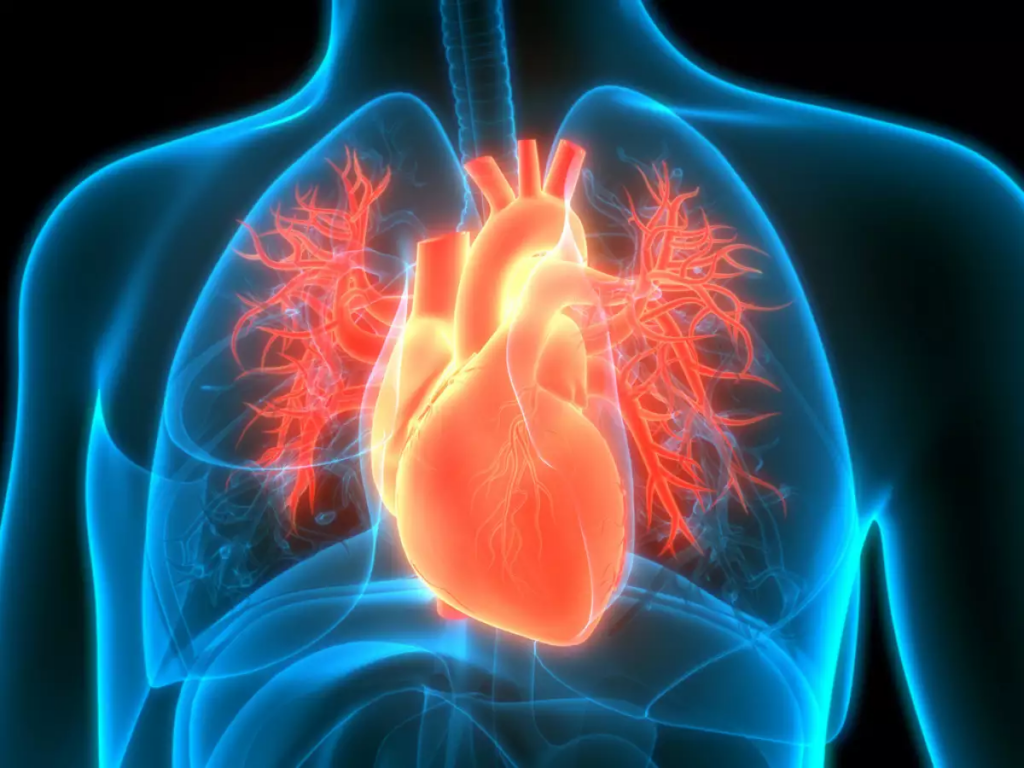Study reveals modest COVID-19 infection can damage heart Health 2023

A study warns that even mild cases of COVID-19 can have long-term negative effects on cardiovascular health.
The study, which was published in the Journal of Clinical Medicine, is the first to compare arterial stiffness levels pre- and post-COVID infection. Arterial stiffness is a marker associated with the aging and function of our arteries.
Two to three months after infection, artery and central cardiovascular function were impaired in patients diagnosed with mild COVID-19, according to researchers.
They stated that side effects include stiffer and more dysfunctional arteries, which could contribute to the development of cardiovascular disease.

“We were surprised to observe such a decline in vascular health, which worsened over time following COVID-19 infection,” said co-author Maria Perissiou of the University of Portsmouth in the United Kingdom.
Two to three months after infection, modest COVID-19 impaired arterial and central cardiovascular function.
“Normally, you would expect inflammation to decrease with time following an infection and for all physiological functions to return to normal or a healthy level,” explained Perissiou.
New evidence suggests that this phenomenon results from COVID-19 activating the auto-immune process that causes vasculature deterioration, according to the researchers.
COVID-19 has been linked to a form of acute heart failure and vascular dysfunction, but the long-term effects of the disease on vascular health are still unknown, they said.

Between October 2019 and April 2022, up to 32 study participants were observed at the University of Split School of Medicine, Croatia.
Most were under 40 years old and in good health. Only nine percent of the group had hypertension, and none had elevated cholesterol levels. Two individuals were diabetic, and 78% did not smoke. The sample was also nearly evenly divided between males (56%) and females (44%).
Professor Ana Jeroncic from the University of Split, who led the study, said, “Given the number of people infected with COVID-19 worldwide, the fact that infection can have detrimental effects on cardiovascular health in young people with a mild form of the disease warrants close monitoring.”
“The question remains as to whether or not this harmful effect is irreversible or permanent, and if not, for how long it lasts,” Jeroncic said.
Although the study was small, it does corroborate the prediction of vascular physiologists that COVID-19 infections will lead to an increase in cardiovascular disease in the future, as stated by the researchers.
However, it must be considered what other factors contributed to this rise, they said.
